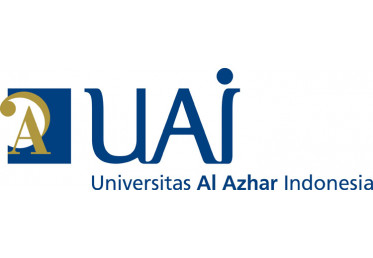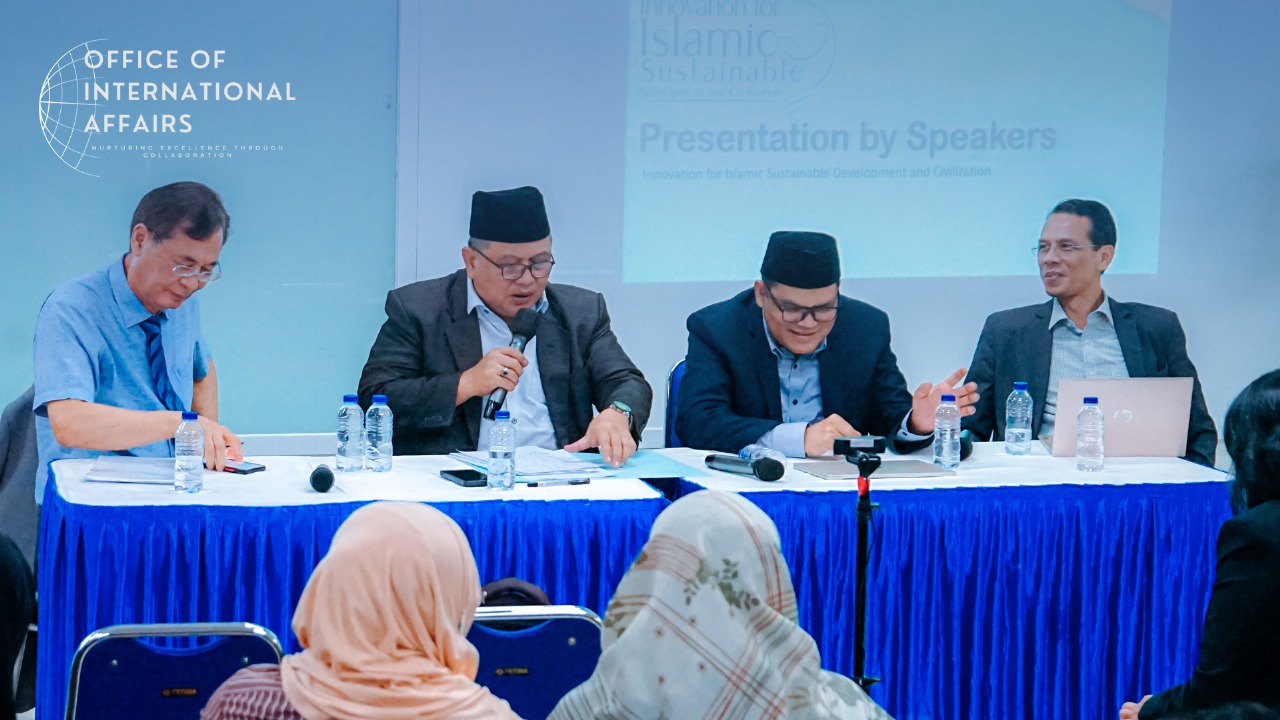Collaborative Research and Innovation Center (CRIC) on Islamic Sustainable Development and Civilization (ISDC) of University Al-Azhar Indonesia (UAI), which is an independent, non-profit and nonpartisan think tank that advocates for local, regional, and global understanding and practices on sustainable development informed by evidence-based Islamic approach, framework, and indicators research, innovation, and analysis, focuses on all-things of development aspects and praxis oriented to the Islamic thoughts that allow societies (countries) to achieve greater prosperity and success for all, to realize the great civilization in world. CRIC-ISDC shares policy and research recommendations with decision-makers in Indonesia’s legislative and executive branches of government and others. It is financially supported by individuals and organizations who appreciate the independence of our analysis, advocacy, and research. Implementing those beliefs and values, CRIC provides an International Seminar: Innovation for Islamic Sustainable Development and Civilization on Tuesday (5/12) at Serbaguna Room, 2nd floor of UAI.
On that occasion, Prof. Dr. Ir. Asep Saefuddin, M.Sc., (Rector of UAI) opened the event with remarks. He expressed his gratitude to all speakers who have welcomed UAI’s invitation and especially to the Delegates of Universiti Utara Malaysia (UUM) who have come all the way from Malaysia. CRIC on ISDC will be launched today by carrying its vision and mission, this international seminar will be one of the tangible implementations for this project.
Before the seminar began, the Indonesian Inclusive Blue-Green Economy Foundation and UAI also conducted their cooperation ceremony. The representatives who are Dr. sc. agr. Sunny W.H. Reetz, SP., M.Sc. (Executive Director) and Prof. Dr. Ir. Asep Saefuddin, M.Sc. (Rector of UAI) which is under the Directorate of Partnership of UAI signed the Memorandum of Understanding (MoU). The collaboration that involves the two institutions focuses on education, research, and community services.
As the seminar began, From Indonesia, Prof. Asep Saepudin Jahar, M.A., Ph.D. (Rector of the State Islamic University, UIN Syarif Hidayatullah Jakarta) focused on the topics about Innovation in the Islamic education for Sustainable Development: Challenges and Opportunities. He then emphasized that Education plays a pivotal role in fostering innovation by nurturing critical thinking, problem-solving skills, and creativity. However, several challenges hinder the effective integration of education systems with innovation-driven practices. Some of the problems such as Lack of Relevance (Education systems often focus on traditional knowledge and curricula that might not align with modern innovation needs, hindering the development of skills required for creative thinking and problem-solving. Insufficient training for educators in adopting innovative teaching methodologies impedes the incorporation of interactive and experiential learning approaches), Access and Equality (Disparities in access to technology and digital resources limit opportunities for students to engage in innovative learning. Limited access to quality education among marginalized communities perpetuates disparities and stifles potential innovators), and Institutional Building (Insufficient investment in educational infrastructure, technology, and teacher training impedes the integration of innovative practices. Educational policies that lack flexibility and innovation-focused initiatives hinder the adaptation of novel teaching methods and curriculum changes).
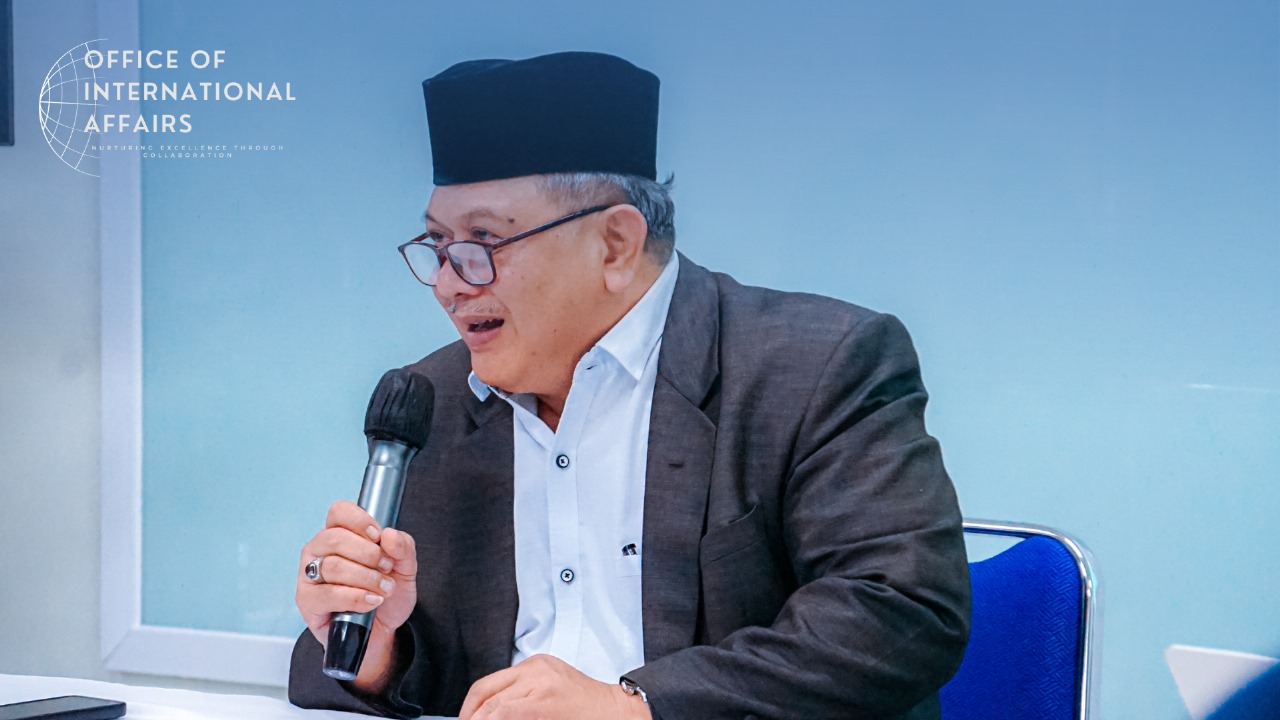
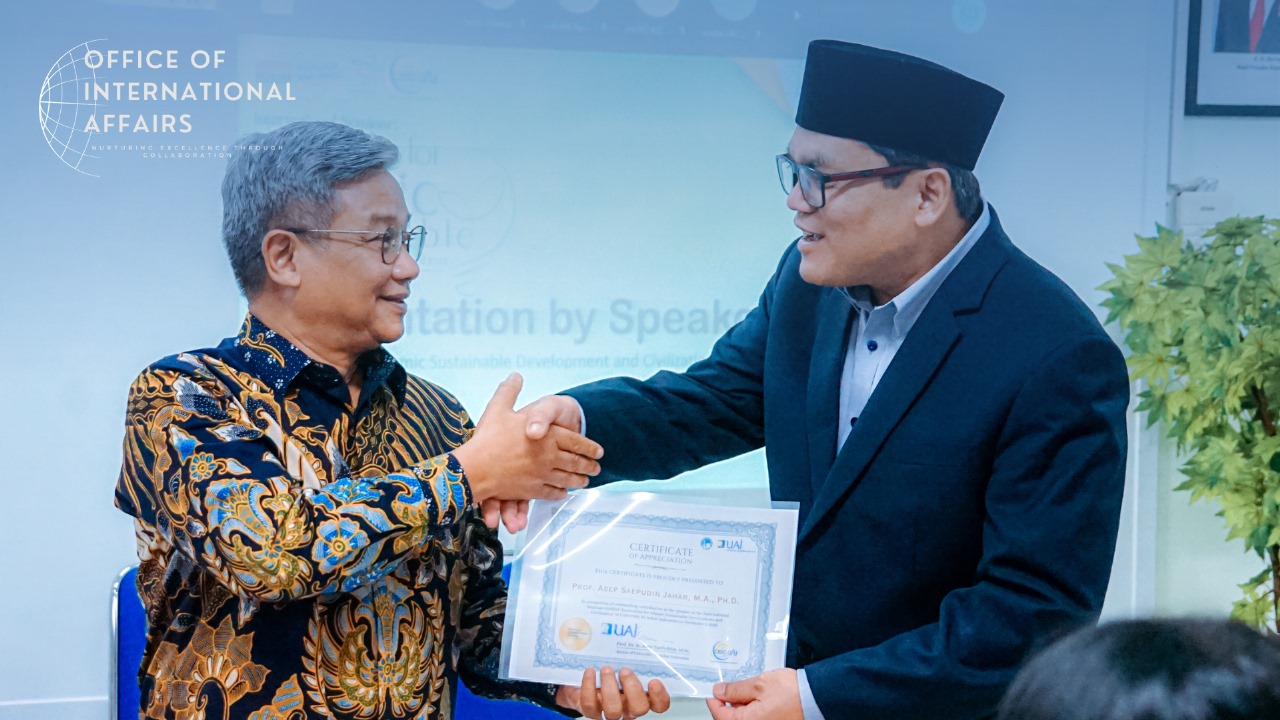
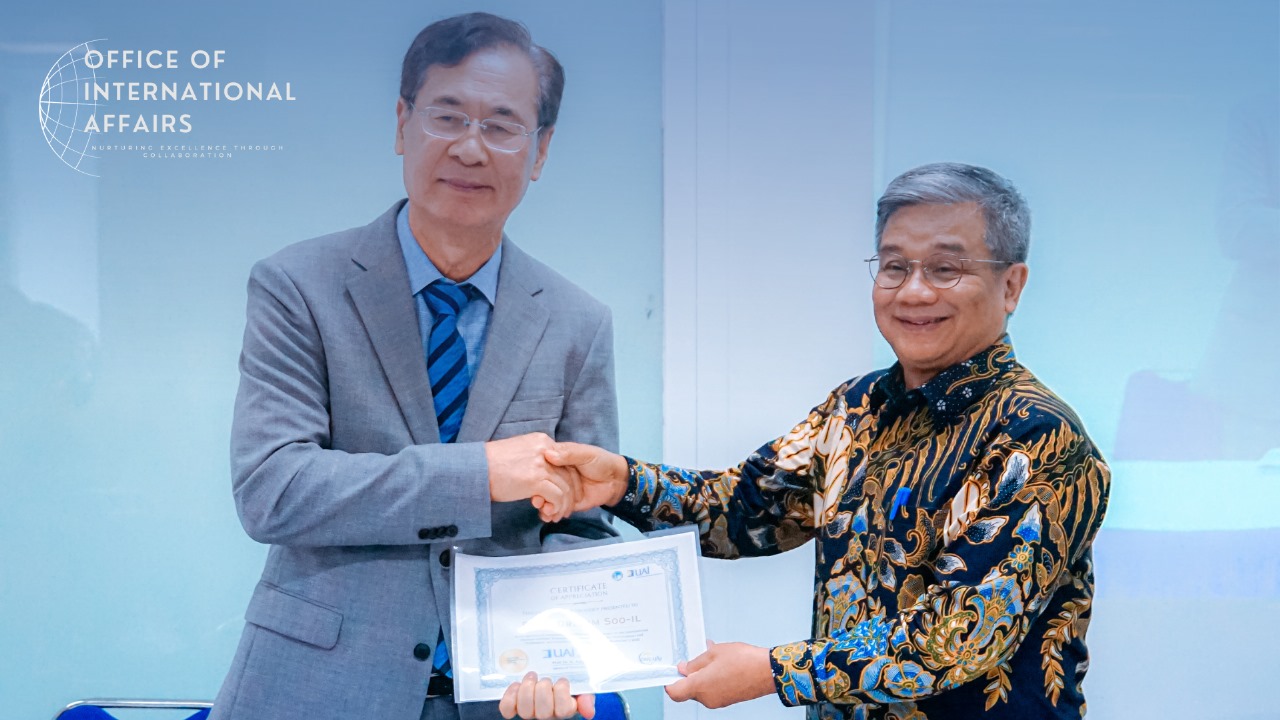
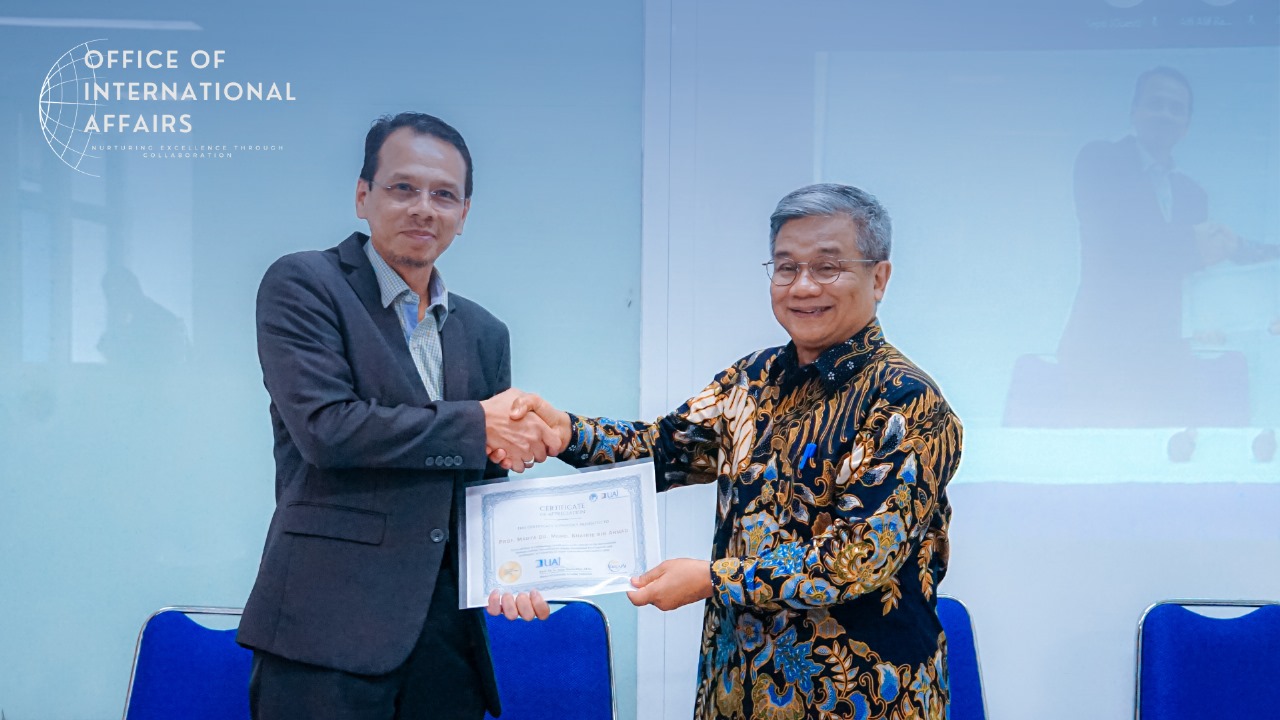
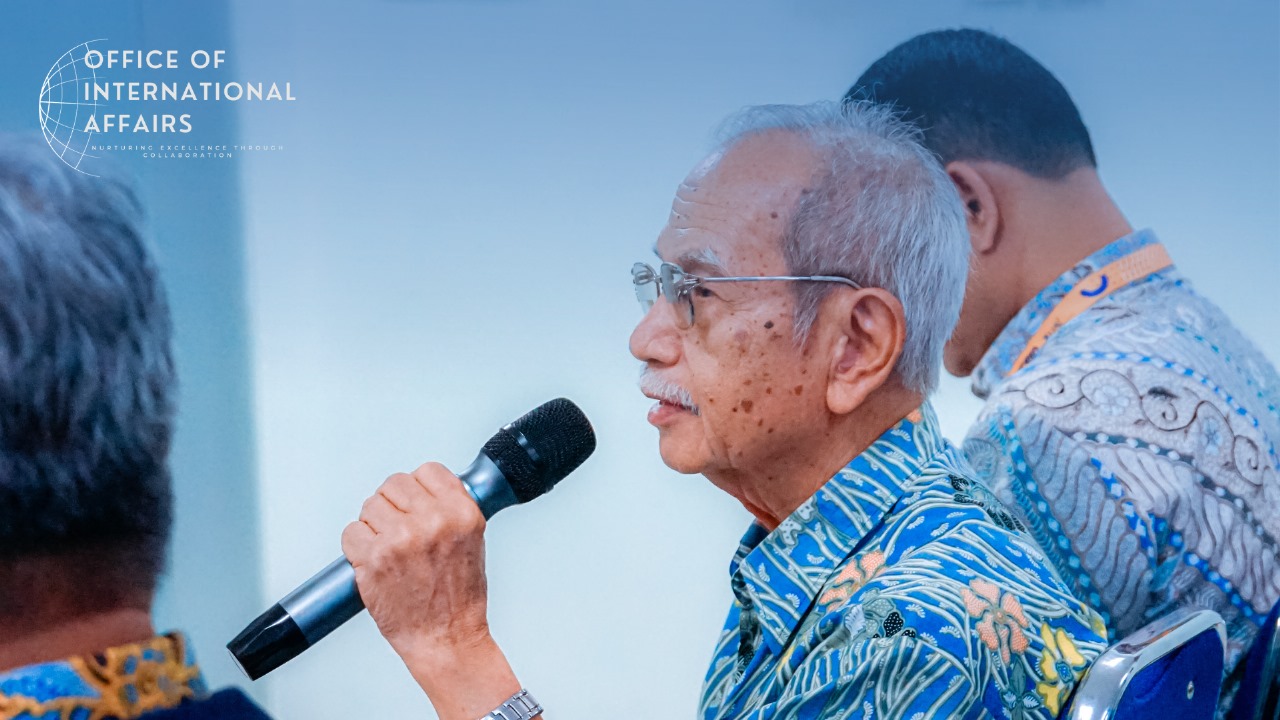
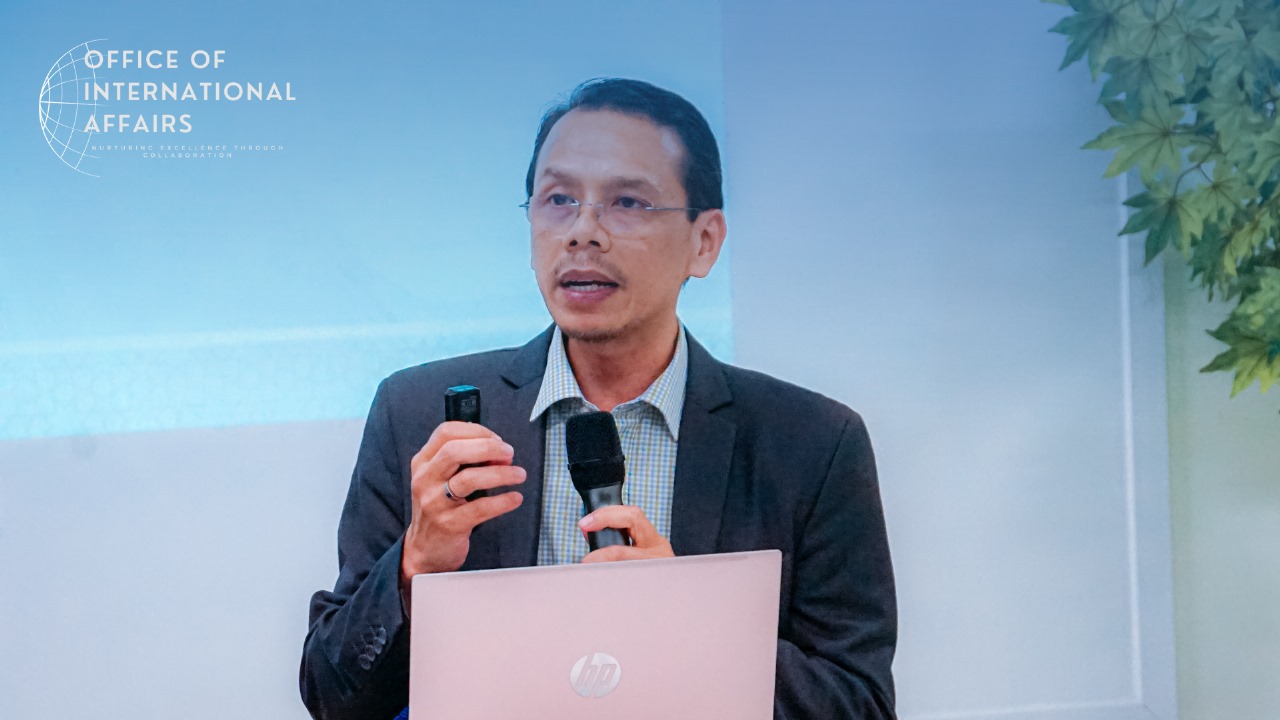
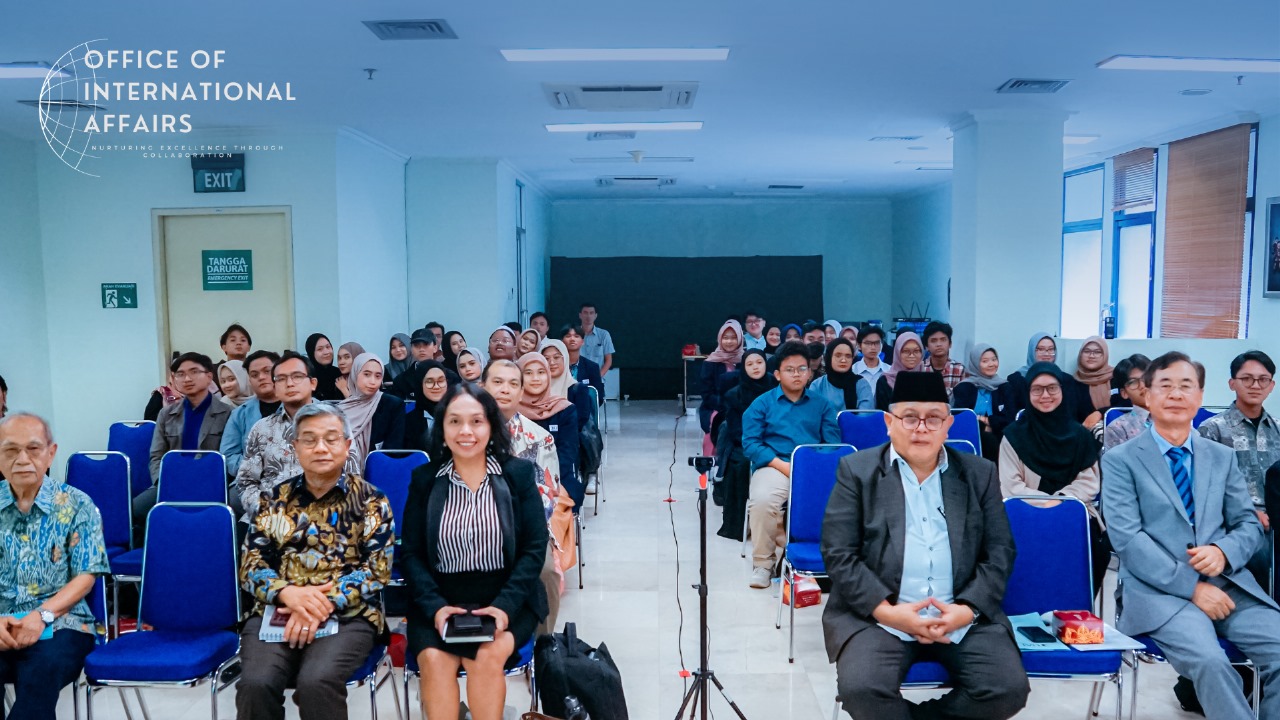
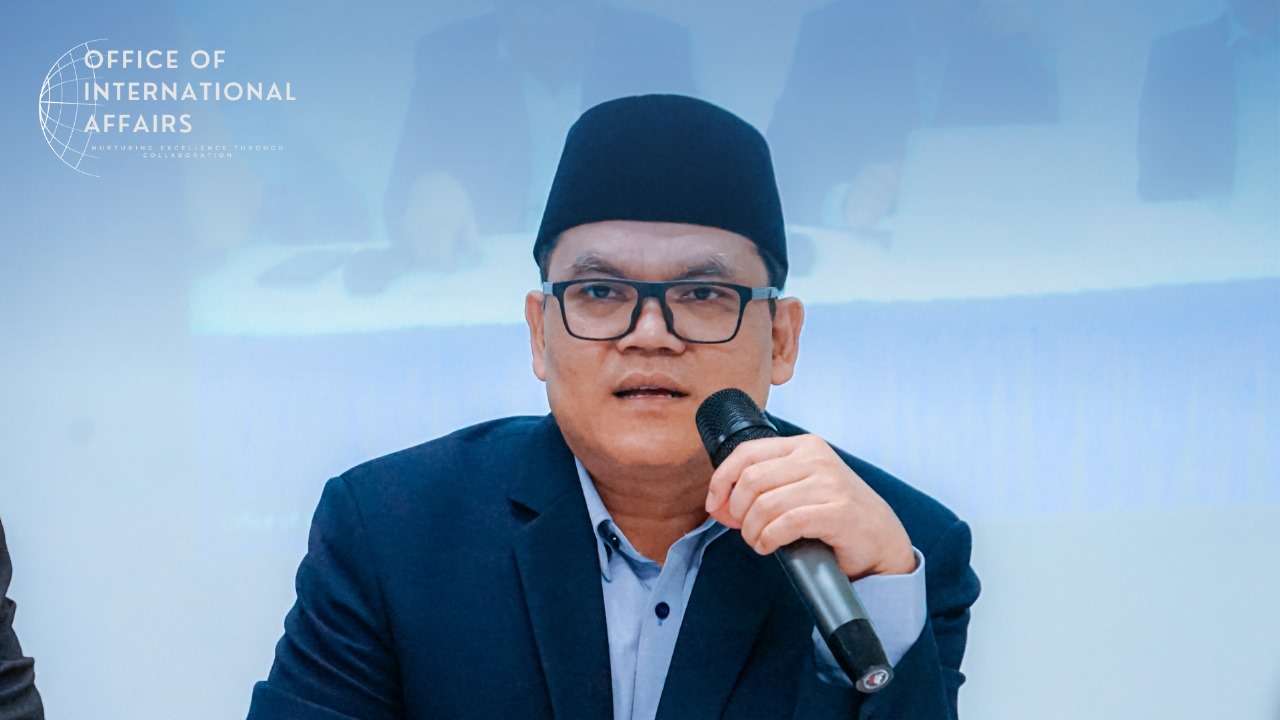
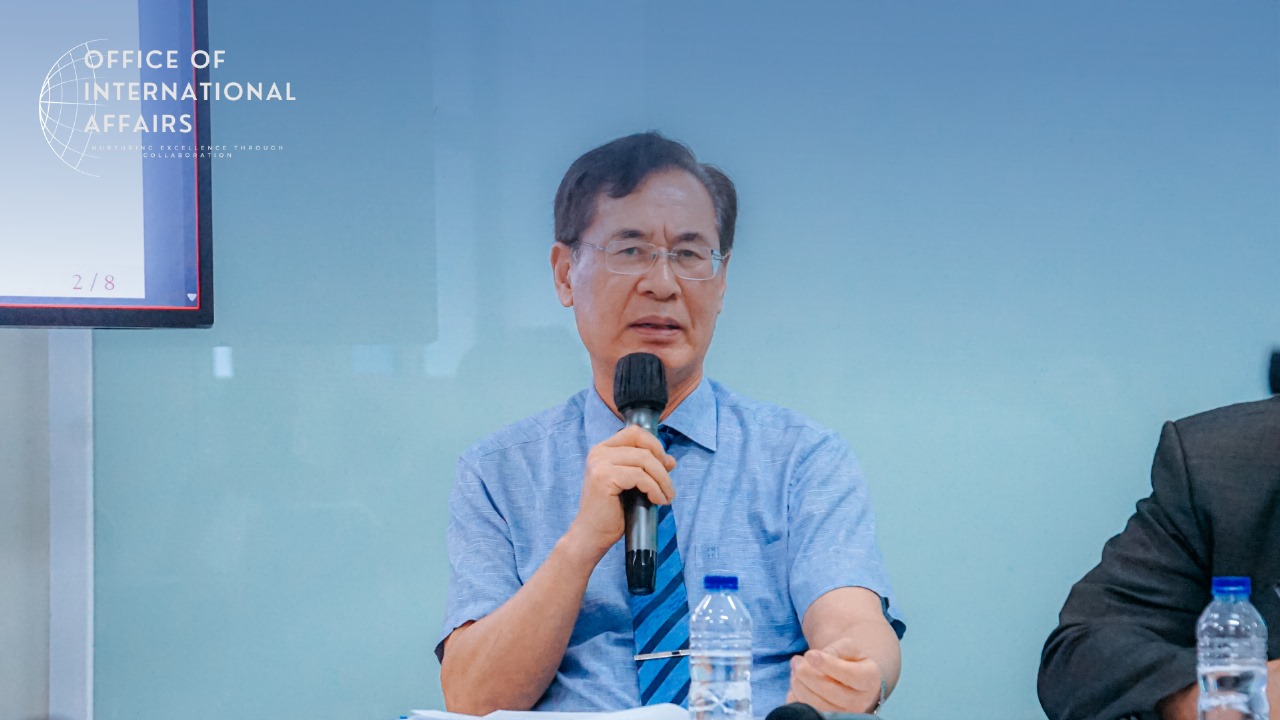
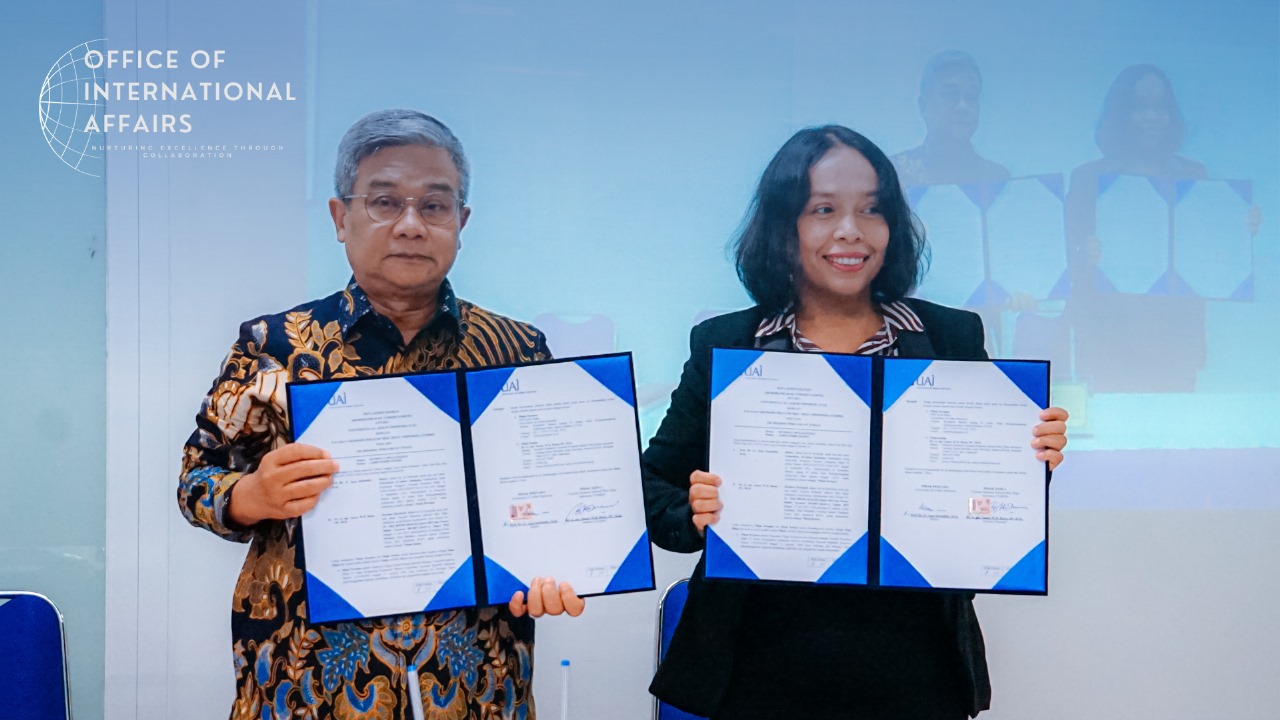
In response to this, several aspects of innovation must be adopted. In Islam, encompassing diverse fields such as science, mathematics, medicine, arts, architecture, governance, and social systems. Rooted in a rich cultural and intellectual heritage, Islamic innovation has had a profound impact on global civilization. Meanwhile, in Biotechnology and Healthcare, the advancements in understanding genetics are paving the way for personalized treatments and targeted therapies. Wearable health tech, remote monitoring, and telemedicine solutions are improving access to healthcare services globally. Rapid vaccine development, coupled with breakthroughs in immunotherapy, are transforming disease prevention and treatment. Besides innovation, empowerment is also a key indicator. In Education Technology (EdTech), technology-driven educational tools and platforms are enhancing access to quality education globally, social entrepreneurship: ventures focused on addressing social challenges, promoting inclusivity, and creating sustainable impact, and diversity, equity, and inclusion (DEI): movements advocating for greater representation, equal opportunities, and diverse perspectives across various sectors. At last, Prof. Asep Jahar highlighted that, International Cooperation people need to develop the Collaborative efforts among nations, organizations, and individuals to address global challenges like public health, climate change, and economic disparities, digital Connectivity (Improved internet access and communication technologies enabling global connectivity, knowledge sharing, and cross-cultural exchange), and Space Exploration and Innovation (Advancements in space technology, exploration missions, and satellite technologies driving scientific discoveries and commercial opportunities).
“Contemporary innovation and development reflect a dynamic landscape shaped by technological breakthroughs, societal needs, environmental challenges, and a growing emphasis on sustainability and inclusivity. The convergence of these advancements holds the potential to address pressing global issues and drive positive change for future generations”. (Prof. Asep Jahar)
In response to this, several aspects of innovation must be adopted. In Islam, encompassing diverse fields such as science, mathematics, medicine, arts, architecture, governance, and social systems. Rooted in a rich cultural and intellectual heritage, Islamic innovation has had a profound impact on global civilization. Meanwhile, in Biotechnology and Healthcare, the advancements in understanding genetics are paving the way for personalized treatments and targeted therapies. Wearable health tech, remote monitoring, and telemedicine solutions are improving access to healthcare services globally. Rapid vaccine development, coupled with breakthroughs in immunotherapy, are transforming disease prevention and treatment. Besides innovation, empowerment is also a key indicator. In Education Technology (EdTech), technology-driven educational tools and platforms are enhancing access to quality education globally, social entrepreneurship: ventures focused on addressing social challenges, promoting inclusivity, and creating sustainable impact, and diversity, equity, and inclusion (DEI): movements advocating for greater representation, equal opportunities, and diverse perspectives across various sectors. At last, Prof. Asep Jahar highlighted that, International Cooperation people need to develop the Collaborative efforts among nations, organizations, and individuals to address global challenges like public health, climate change, and economic disparities, digital Connectivity (Improved internet access and communication technologies enabling global connectivity, knowledge sharing, and cross-cultural exchange), and Space Exploration and Innovation (Advancements in space technology, exploration missions, and satellite technologies driving scientific discoveries and commercial opportunities).
From Malaysia, Prof. Madya Dr. Mohd. Khairie bin Ahmad talked about MADANI Conception in the Communication Framework for Sustainable Development. He categorized three main agendas which are Overview of sustainable development, MADANI conception for sustainable development, and MADANI ideas on communication for change. The Sustainable Development Goals (SDGs), are a collection of 17 interlinked goals designed to be a “blueprint to achieve a better and more sustainable future for all” by 2030. This universal global agenda comprises 17 goals, 169 targets and 247 indicators. Leaving no one left behind is the central transformative promise of the SDGs. Furthermore, the study of Islamic tradition (the Quran, the Hadith, the Sunnah, and Sharia) shows that there is a vivid commonality and connection between normative Islam and the SDGs. Socializing this concept, Prof. Khairie took an implementation that has been used by the Malaysian government which is called MADANI. Malaysia Madani (“Civil Malaysia”) is a policy framework and government slogan introduced by the 10th Prime Minister, Anwar Ibrahim. The concept focuses mainly on good governance, sustainable development and racial harmony in the country. MADANI is formed by six based elements and they are keMampanan (Sustainability), kesejAhteraan (Prosperity), Daya Cipta (Innovation), HormAt (Respect), keyakinNan (Trust), and Ihsan (Care & Compassion). The policy framework aims to educate the society to be responsible in using the communication and media source, strategizing media and its content, enabling the entire community to prosperity, utilizing media in accordance to domestic audiences creatively, creating domestic or globalizing content, respecting the differences and rights of others, interacting with dignity, politeness and modesty, treating other people as the way we expect to be treated, maintaining and protecting of the health and welfare.
“Studying the values of religious systems and the common ground between them reveals that most religions have a strong tradition of ethical and political commitments to charity, human rights, and the well-being of humans and nature in general”. (Prof. Khairie)
From Korea, Prof. Dr. KIM Soo il (President of Busan Indonesia Center) is concerned on how to take part to become sustainable. One of the crucial ways is the need of the freedom in democracy, social and culture, understanding, and most importantly education. UAI as Islamic institution based can contribute to start this in the teaching and learning process. He then highlighted the issue on Strategies for Human Resource Management in Establishing Global Halal Standards in Korea. Increasing Interest of Koreans in Indonesia and the Growing Prominence in Trade and Cooperation, the interest in Halal Products is naturally on the rise as well. Korean companies are aware that the Indonesian government plans to implement a more robust Halal certification system from October 2024. Although the proportion of Muslims in Korea is not high enough, the majority recognizes the importance of halal in global trade. Beyond religious considerations, Halal is gaining popularity even among non-Muslim citizens as the perception of it being a healthy and safe food choice spreads. On the contrary, despite the challenges that must be faced by the Korean government, there are methods that can be taken by the government such as the Korean government should revise relevant visa regulations to allow the importation of Muslim workforce from countries like Indonesia to meet the needs of building the Halal system. This also will be an opportunity for the two countries to collaborate, especially there will be a chance for new overseas employment opportunities for Indonesians.
“Halal presents not only the internationalization of Halal itself but also a tremendous opportunity for cooperation between countries, including spreading Islamic culture”. (Prof. Kim)
Adding some final statements, Prof. Asep Saefuddin highlighted that the lesson learned that can be taken by us through the three outstanding speakers is people need to become a modern society who prioritize common interests by getting into an inclusive person who is very open to all the positive things.
“Kafir (Infidel) is an adopted word from Cover, so if you want to be an advanced person, do not become Kafir”. (Prof. Asep Saefuddin)
To sum up, Prof. Dr. Husnan Bey Fananie (Moderator, Professor from Azerbaijan University of Languages and Lecturer at Faculty of Psychology and Education of UAI) concluded the seminar as we have shown our effort as an Islamic community in digging and retracting in the transformed world today, and it is a pride to say that we are still carrying Islam which is close to our heart in doing our mission and vision in improving science. Islam is universal and a way of life. Therefore, as one community, we shall rebuild and re-advance the glory days of Islam in the past. Islam is a very open arm to collaborate with technologies and we will force it. The MADANI concept that has been applied in Malaysia also has taught us in focusing on development, prosperity, communication, and social change. As if we want change, then we have to change our people’s mindset first then. As a result, Islamic Sustainable Development and Civilization can come on the same line. (TSH)
